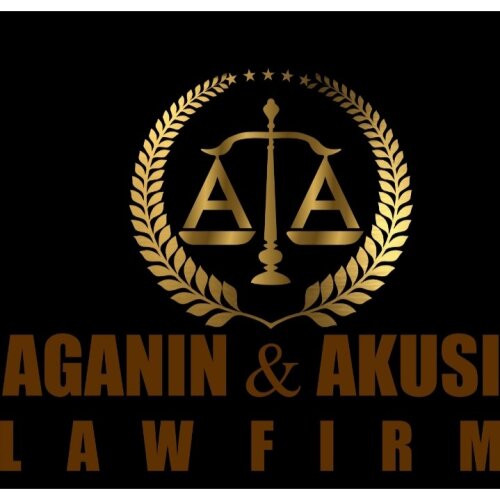Best Assault & Battery Lawyers in Port Harcourt
Share your needs with us, get contacted by law firms.
Free. Takes 2 min.
List of the best lawyers in Port Harcourt, Nigeria
About Assault & Battery Law in Port Harcourt, Nigeria:
Assault and Battery, though often coupled together, are two distinct actions in Nigeria's legal system. An assault is an act of intentional cause of apprehension of harmful or offensive contact. Battery, on the other hand, typically involves physical impact on another person. In Port Harcourt, the veiled threat or use of physical force against an individual or entity is a criminal act and can carry significant penalties.
Why You May Need a Lawyer:
Should you, or someone you know, face charges in an assault and battery case, it is in your best interest to seek legal counsel promptly. A lawyer will help you understand the charges and potential defenses, navigate through the complex legal system, negotiate plea deals, and represent you in court. Similarly, victims of assault and battery may need representation to claim compensatory damages, help in restraining orders, and providing legal counsel during trials.
Local Laws Overview:
The Criminal Code Act applies to Port Harcourt, and it provides details surrounding the offenses of assault and battery. Punishments for assault range from one to three years imprisonment, depending on the severity. Battery penalties are determined similarly. However, the law also recognizes circumstances such as self-defense or consent, which may absolve the defendant from any guilt.
Frequently Asked Questions:
1. What is the difference between Assault and Battery?
Assault is an intentional act causing another person to fear imminent harmful or offensive contact. However, Battery is the actual infliction of the harm or offensive contact.
2. How long does an Assault & Battery trial take?
The duration of the trial may vary depending on the specific circumstances of the case, including its complexity, the availability of the parties and the court's schedule. It can take from several months to a few years.
3. Can I drop charges if I'm the victim?
Assault and Battery are considered crimes against the state in Nigeria. Thus, while a victim's willingness to prosecute might impact the case, the final decision resides with the prosecutorial authorities.
4. What defenses are available for these charges?
Common defenses include self-defense, defense of others, consent, or mistaken identity. Your lawyer can guide you on the most suitable defense based on the specifics of your case.
5. What type of damages can a victim claim?
Victims may be entitled to compensatory damages such as medical expenses, lost wages, and damages for pain and suffering. In some cases, punitive damages may also be awarded.
Additional Resources:
For additional information, you can refer to the following resources:
- Nigeria Legal Information Institute - Provides comprehensive details about Nigerian law.
- The Legal Aid Council of Nigeria - Offers free legal services in certain situations.
- Nigeria Police Force, Port Harcourt - For reporting assault & battery incidents.
Next Steps:
In cases of Assault & Battery, enlist the services of a competent legal professional as soon as possible. They can assist in understanding your rights, preparing for the trial, and guiding you through the legal process. Do not hesitate to reach out to local law enforcement authorities if you are a victim of assault or battery.
Lawzana helps you find the best lawyers and law firms in Port Harcourt through a curated and pre-screened list of qualified legal professionals. Our platform offers rankings and detailed profiles of attorneys and law firms, allowing you to compare based on practice areas, including Assault & Battery, experience, and client feedback.
Each profile includes a description of the firm's areas of practice, client reviews, team members and partners, year of establishment, spoken languages, office locations, contact information, social media presence, and any published articles or resources. Most firms on our platform speak English and are experienced in both local and international legal matters.
Get a quote from top-rated law firms in Port Harcourt, Nigeria — quickly, securely, and without unnecessary hassle.
Disclaimer:
The information provided on this page is for general informational purposes only and does not constitute legal advice. While we strive to ensure the accuracy and relevance of the content, legal information may change over time, and interpretations of the law can vary. You should always consult with a qualified legal professional for advice specific to your situation.
We disclaim all liability for actions taken or not taken based on the content of this page. If you believe any information is incorrect or outdated, please contact us, and we will review and update it where appropriate.











